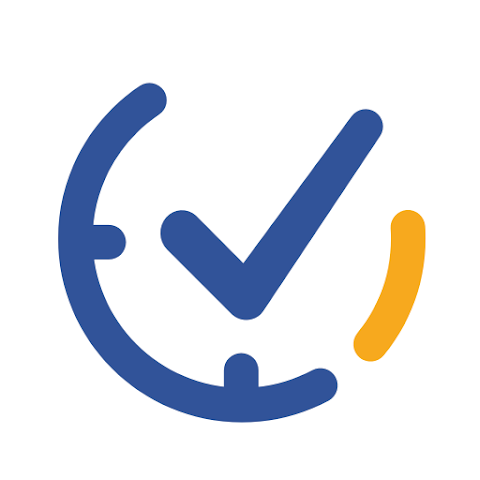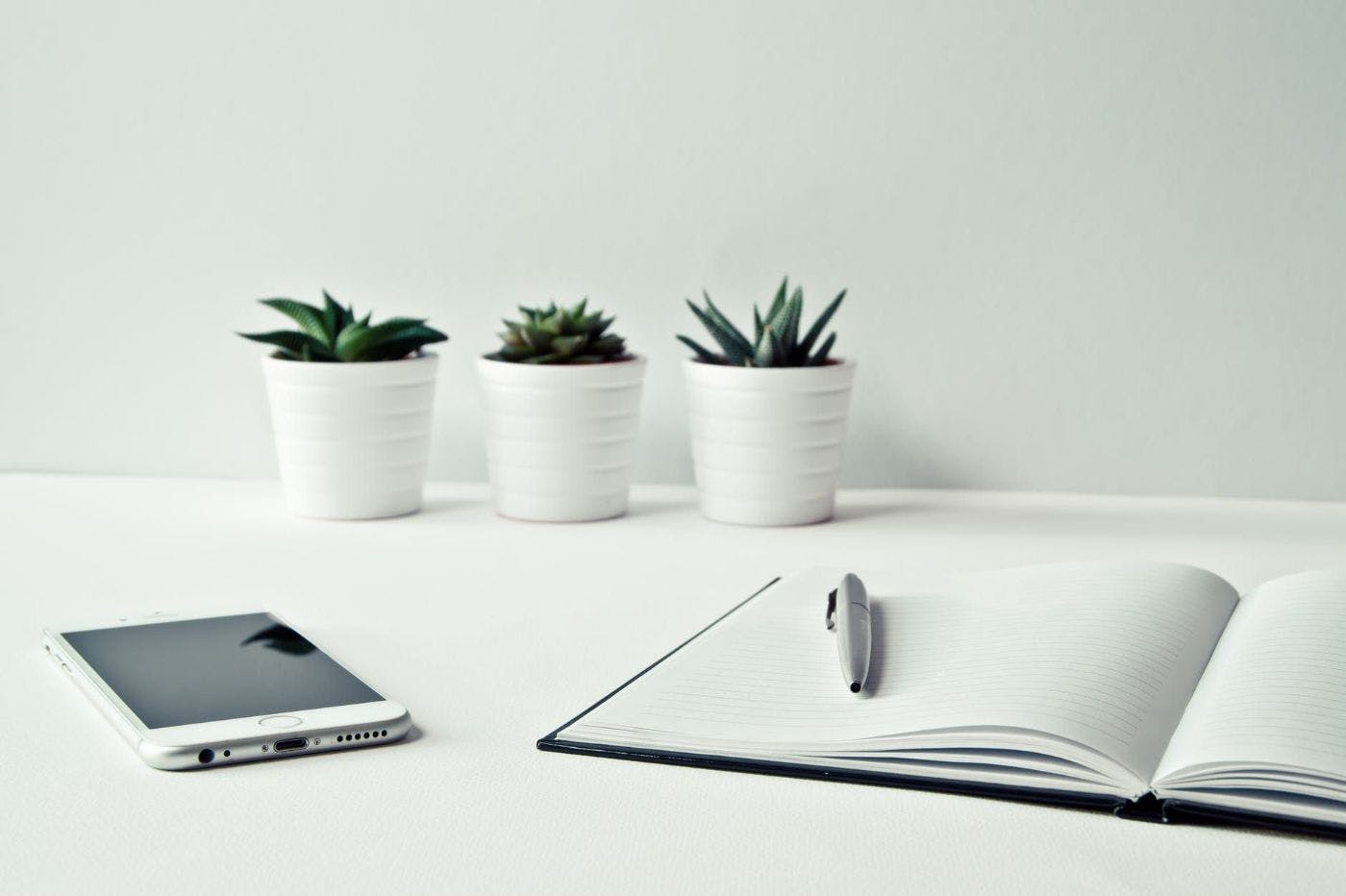757 reads
Top 10 Studies That Will Break All the Productivity Myths You Ever Knew
by
August 21st, 2022
Audio Presented by

Planndu is an all in one planner that helps you organize tasks, focus with Pomodoro, and get more done.
About Author
Planndu is an all in one planner that helps you organize tasks, focus with Pomodoro, and get more done.
